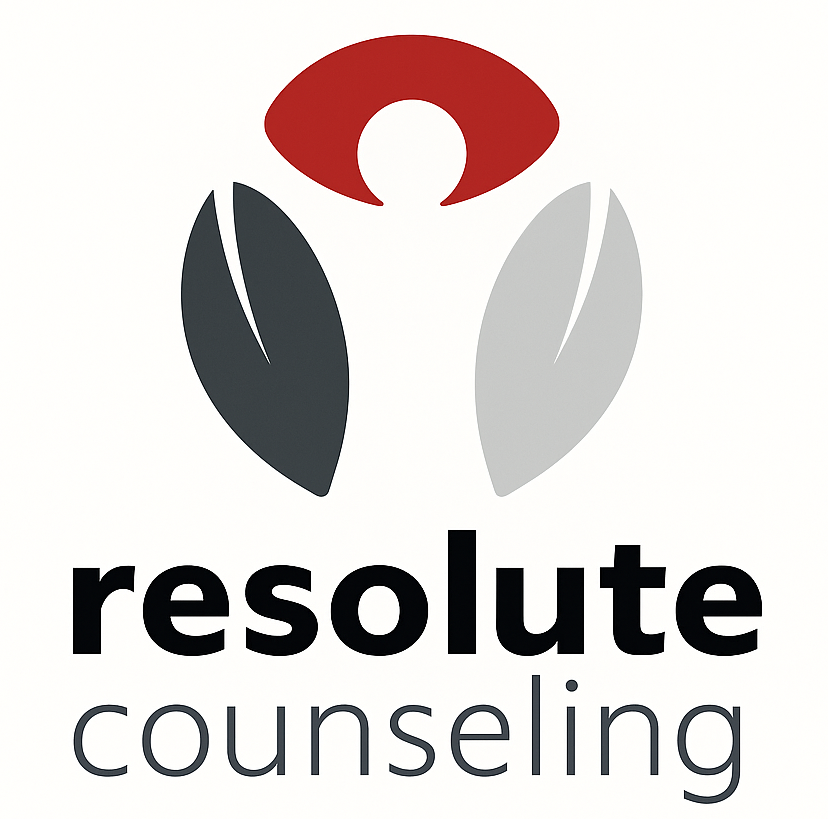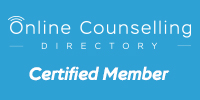Anyone who knows me knows that I love the sport of football. Football is a game that is as much about the game plan as it is about the players. A game is often won or lost based on how much the team prepares and makes adjustments throughout the game. Often the coaching staff will script the first 15-20 offensive plays in an effort to get out to an early lead and build momentum for the rest of the game. This idea of creating the script is often true of how a person can live their life.
Similar to football, the script exists during the formative years of a person’s life and into early adulthood. If you grow up with appropriate parenting and support, your life will follow a path largely created for you with attending school Kindergarten through 12th grade. When you are 18, the idea of being an adult can be both scary and yet exciting. A person is led to believe that they can be and do almost anything they want and only limited by their own efforts. Entering the years from 20-35 are also exciting years. A person is still young and healthy and beginning to climb in their careers. Also, during these years you will attend many weddings and baby showers, including most likely your own.
But, somewhere around 35-40 years old, life begins to change for people. Gone is much of the youthful vigor and excitement about life events being new. Gone is the newness of your marriage partner and the children may not seem as cute when they exit out of toddler phase. You are entering the phase of life that is more about routines, responsibility, and less recreation. Many people struggle with this change and have a harder time experiencing joy and contentment with this phase of the journey. They can begin to panic and make more impulsive and rash decisions which involve trying to recapture their youthful days and escape into less stressful world.
A few signs you may be hitting your mid-life crisis:
- You feel like you are running out of time to accomplish many of your goals and dreams.
- You feel depressed about your older physical appearance and notice your stamina isn’t as high and try to make desperate efforts to change it.
- You desire to escape your marriage and family and either contemplate an affair or pursue one. Spending more time online and reconnecting with old friends from high school or college.
- You desire more fun and revert back to “teenage-like” behaviors (drinking alcohol more often, video games, dance clubs, etc.)
- You impulsively buy items you don’t need that represent more fun than practicality.
The important move if you feel yourself experiencing these urges and feelings related to the mid-life crisis is to talk about it and reflect.
Here are some suggestions for how to handle this period of life in order to avoid disaster:
- Be thankful for the good things in your life and the blessings God has bestowed upon you. Stop looking at your blessings as a burden.
- Don’t give into the negative feelings. Just because you feel upset or depressed about where you life is, doesn’t mean you need to give into the feelings. This is a time to problem solve not problem escape.
- Try to understand if you are being realistic with your complaints and gripes. Many people can spend a lifetime struggling with contentment and believing the myth that life will eventually get better once they achieve more or get through this challenge or obstacle. The key is to try to enjoy every stage of life for what God gives us.
- Realize that subtle changes, not major ones, are often the best course of action. Examples of this could include, trying to improve my current marriage instead of leaving it or changing my current job instead of beginning a whole new career.
- Learn to talk through your issues with people who are willing to listen. I often encounter men who have gone through much of their adult life and never made any real friendships with other men. Once high school or college was completed, they began working and raising their families. Building connections and community is vital to avoiding loneliness.
Michael Linn is a Licensed Professional Counselor in the state of Pennsylvania and a Nationally Certified Counselor. He is the owner of Resolute Counseling, located in Chambersburg, Pennsylvania. He can be reached by calling 717-264-0450 or visiting www.resolutecounseling.com.



